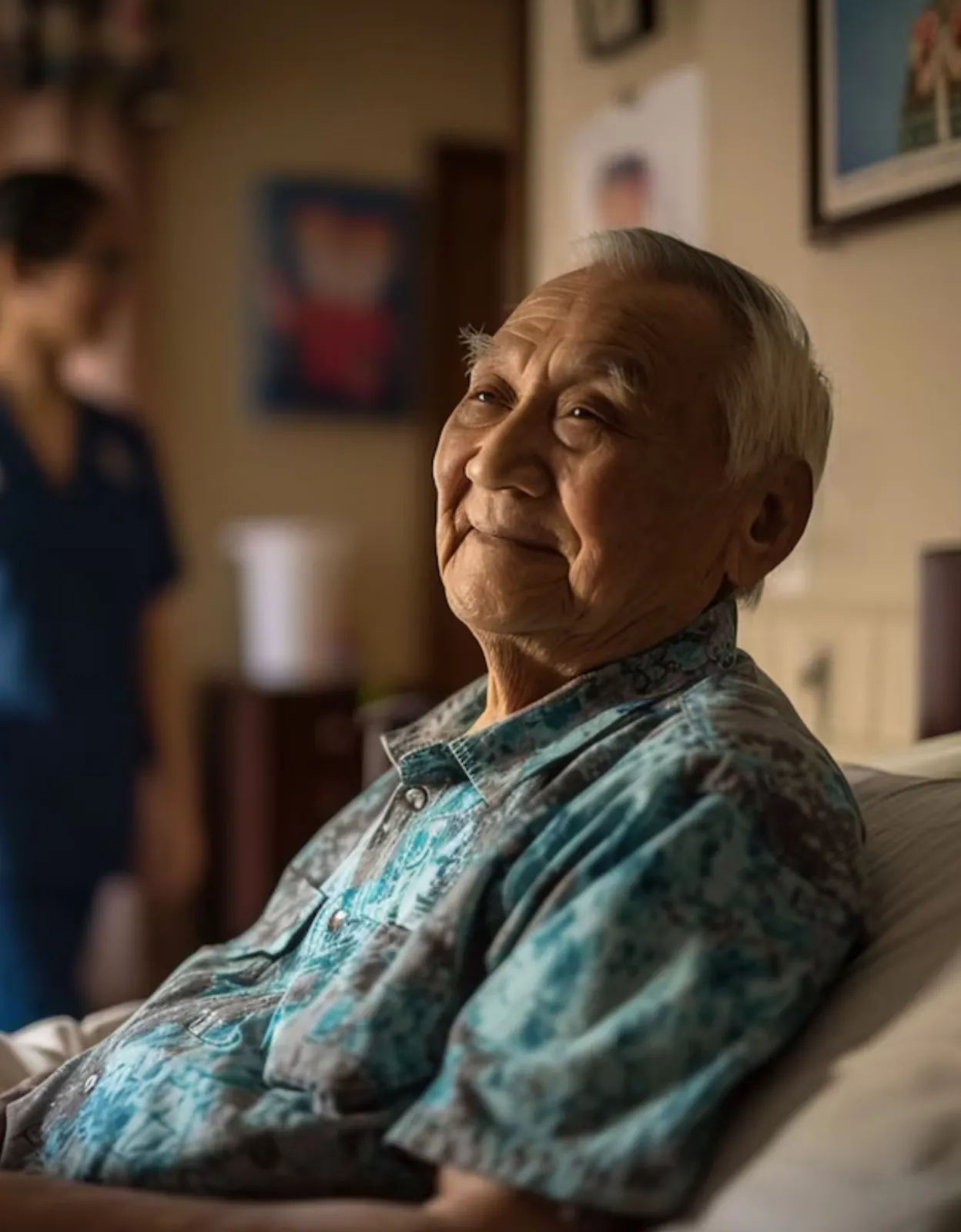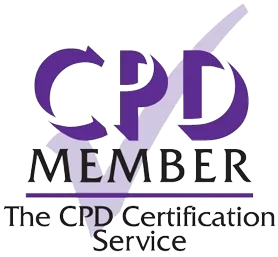Recognising and Responding to the Deteriorating Patient in Healthcare Settings
29 Mar 2025
Recommended
Minimum 30 mins
Course
Access
Certification
Voiceover

The ability to recognise and respond to patient deterioration is fundamental for healthcare professionals in ensuring timely intervention and improving clinical outcomes. The Recognising and Responding to the Deteriorating Patient course provides healthcare workers with the knowledge and confidence to identify early signs of acute illness, respond effectively, and collaborate within multidisciplinary teams.
This course covers key topics such as recognising subtle and overt clinical signs of deterioration, applying evidence-based tools like the National Early Warning Score (NEWS2), and using the ABCDE approach for patient assessment. Special attention is given to understanding the pathophysiology of common causes of deterioration, including sepsis, and addressing the unique challenges faced in care home settings.
Aligned with the latest UK healthcare guidelines, the course emphasises the importance of timely escalation, clear communication, and ethical considerations in managing acute clinical changes. Ideal for nurses, doctors, paramedics, and care workers, this training fosters a proactive and systematic approach to patient care in diverse clinical environments.

 £35
£35
Learning Outcomes.
By the end of this course,participants will be able:
To identify early signs and symptoms of patient deterioration using evidence-based assessment tools, including NEWS2.
To apply the ABCDE approach for rapid patient assessment and implement timely interventions to stabilise acutely unwell patients.
To recognise and manage sepsis through early identification, response strategies, and adherence to UK guidelines.
To utilise effective communication techniques for escalating care and collaborating with multidisciplinary teams.
To integrate knowledge of pathophysiology into decision-making to address underlying causes of patient deterioration.
To evaluate and reflect on clinical practices to enhance patient outcomes and align with professional standards and protocols.
Course
Contents.
01
Overview of deterioration, frailty, and acute care principles.
03
Principles of stabilisation, resuscitation, and post-stabilisation care.
05
Early signs and symptoms, Management
08
Ethical considerations and care planning for residents in care homes.
11
Balancing dignity, consent, and compliance during acute interventions.

06
Early signs and symptoms, Management
09
Strategies for effective communication with families, carers, and multidisciplinary teams.
12
Best practices for reporting, escalation, and team collaboration.
02
Subtle changes, red flags, and NEWS2 application.
04
Pathophysiology, early detection, and sepsis protocols.
07
Early signs and symptoms, Management
10
Proactive measures and structured assessments to minimise risk.
13
Reflecting on clinical practice to enhance patient care and safety.
The Recognising and Responding to the Deteriorating Patient course equips healthcare professionals with the critical skills to assess, manage, and escalate care for acutely unwell patients. Incorporating tools such as NEWS2, the ABCDE approach, and sepsis management, the course aligns with UK guidelines to improve clinical decision-making, communication, and patient safety. This training ensures a proactive and evidence-based approach to recognising and managing deterioration in diverse care settings.
 Summary
Summary


